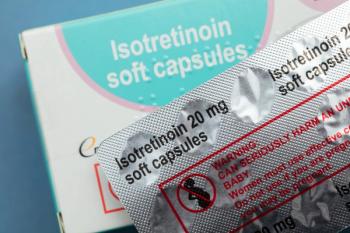
DEA Tightens Opioid Manufacturing Restrictions
Drug Enforcement Administration reduces the amount of opioid controlled substances that may be manufactured in the United States next year.
The US Drug Enforcement Administration (DEA) has reduced the amount of opioid controlled substances that may be manufactured in the United States in 2017.
Under a Final Order being published in the Federal Register tomorrow, the DEA is reducing the amount of almost every Schedule II opiate and opioid medication by 25% or more next year. For instance, hydrocodone manufacturing in 2017 will be 66% of last year’s level.
The 2017 Aggregate Production Quota (APQ) established by the Final Order will reduce manufacturing of oxycodone, hydrocodone, fentanyl, hydromorphone, morphine, and other opioid medications. The APQ is the total amount of controlled substance necessary to meet the estimated medical, scientific, research, industrial, and export needs for the year and for the maintenance of reserve stocks.
Sales data obtained from IMS Health has shown a decreased demand for these opioid medications. Opioid demand is determined by the amount of prescriptions written by DEA-registered practitioners.
The manufacturing reductions come amid growing concerns about
The DEA’s APQ system is intended to provide for the adequate and uninterrupted supply for legitimate medical need of Schedule I and II controlled substances, as well as limiting the amount available to prevent diversion. Annual APQs are established for more than 250 Schedule I and II controlled substances.
Once the APQ is set, the DEA allocates individual manufacturing and procurement quotas to companies that apply for it. The DEA can revise a company’s quota any time during the year due to increased sales or exports, new manufacturers entering the market, new product development, or product recalls.
Newsletter
Stay informed on drug updates, treatment guidelines, and pharmacy practice trends—subscribe to Pharmacy Times for weekly clinical insights.








































